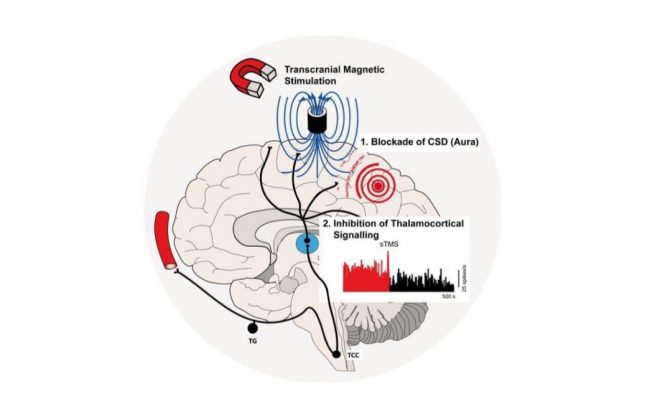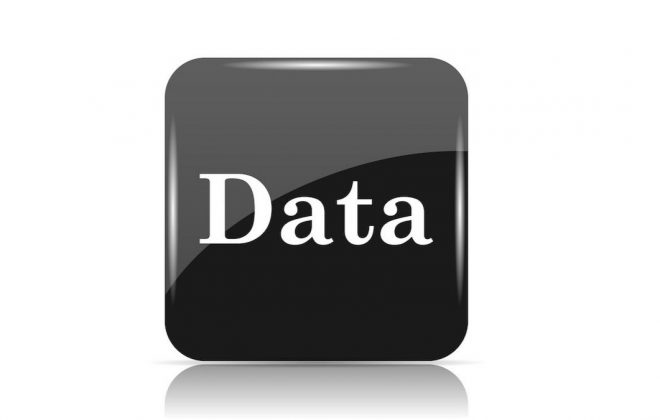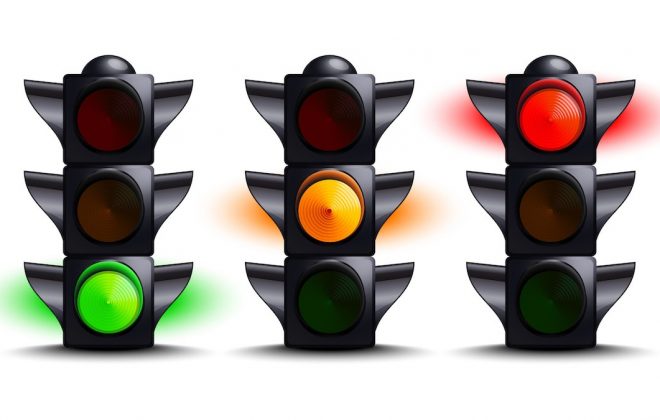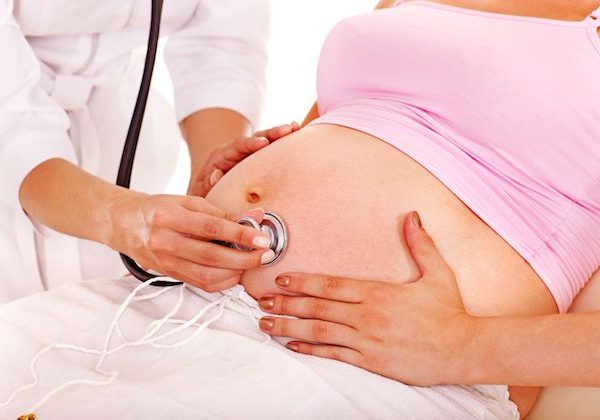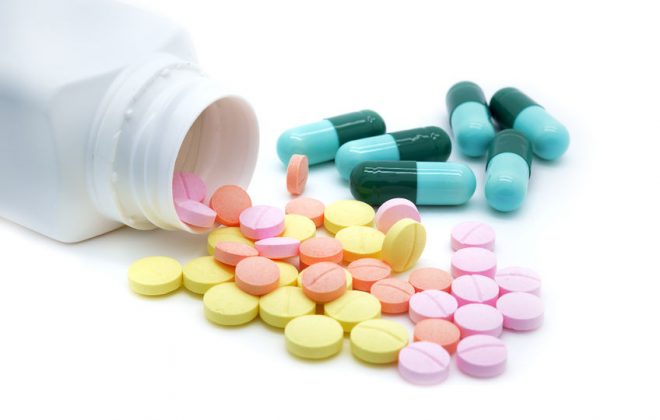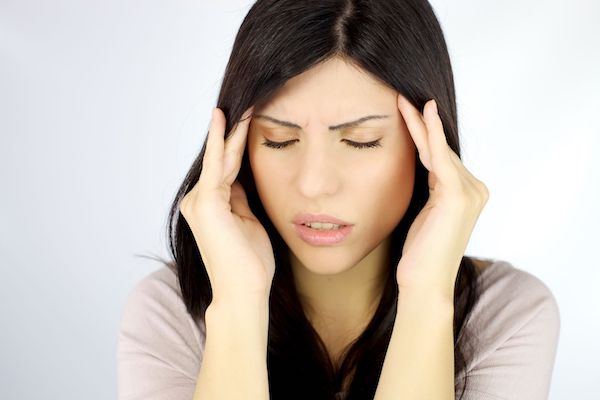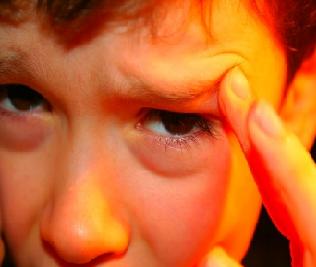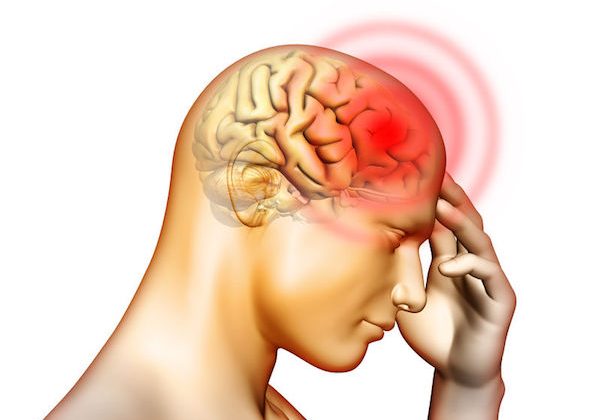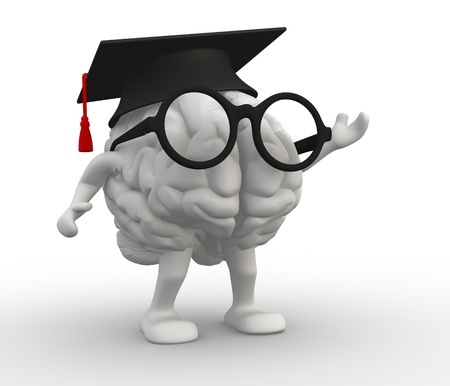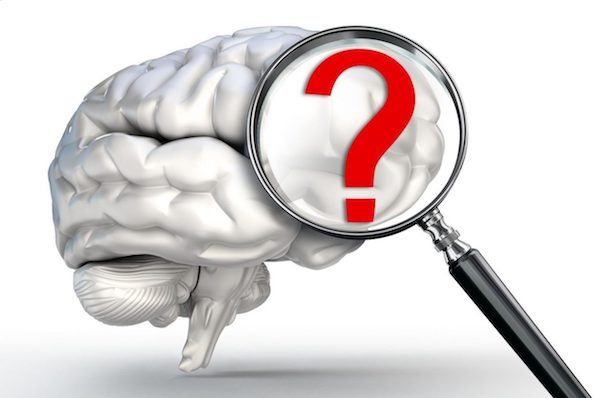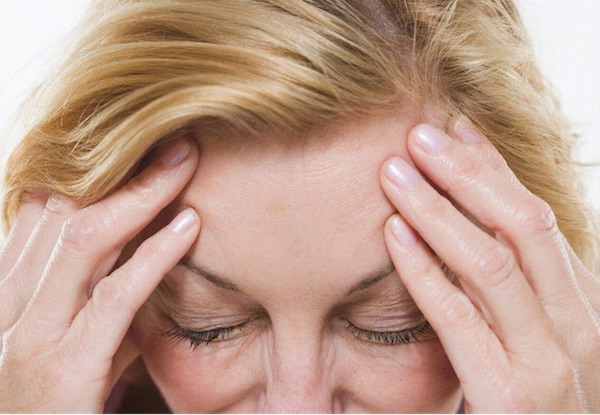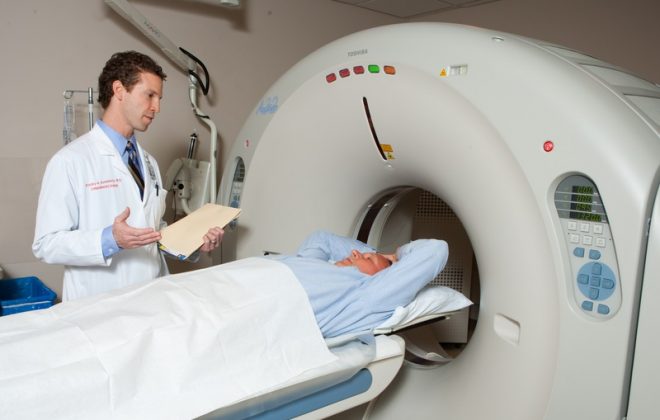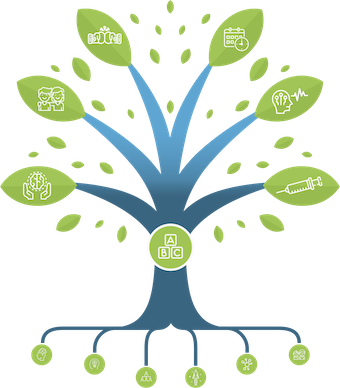Fed up of pills? Here is a short summary on Single Pulse Transcranial Magnetic Stimulation to treat migraine.
These days, there is a pill for everything, and as many patients soon discover, there is often more than onepill for everything. While pharmacology remains a cornerstone of modern medicine, no therapeutic option is perfect. Many patients are often left feeling as if they’re making a…
Will Aimovig work for me?
Summary of the results from published randomized controlled trials See below the table for comments and how to read it. 50% RR 75% RR Episodic migraine STRIVE (70, 140 mg) 5/10 2/10 Episodic migraine ARISE (70 mg) 4/10 NA Refractory EPISODIC (fail 2-4 preventive)…
The traffic light system
A simple way to think about your headaches, using the Canadian Headache Society Guidelines, which stratifies medication choices based on headache severity. The traffic light system is based on the associated disability of the migraine attack: Green: “I can still go” headache Yellow: “I have…
Global Patient Advocacy Committee
GPAC = Global Patient Advocacy Committee People working together to improve migraine care and understanding. GPAC is a group of physicians, patient advocates and representants from institutions, associations and industries related to the migraine field. Countries represented included Brazil, Japan, Spain, Italy, France, US, UK,…
Prodrome or symptoms: what happens during the early phase of a migraine attack?
Before the pain starts, you may actually know that a migraine is ongoing. Do you feel irritable, tired, slightly nauseated? Do you feel neck pain, does light or smells bother you? It seems like a migraine attack starts even before the pain appears. Patients have…
What will happen to my migraines during pregnancy?
Author: Dr Vanessa Doyle and Dr Suzanne Christie Hormonal changes during pregnancy can have an impact on your migraines with fluctuations in the levels of hormones, causing your migraines to improve, worsen or even stabilize. The levels of estrogen and progesterone, the two main types…
I take medications quite often to treat my headaches. Is this a problem?
Overusing headache medication is a frequent issue and can become a problem in many patients. It may overtime make headaches worse and the medication which you are taking may be less effective in controlling your pain. The term for this condition is called ‘medication overuse…
What is a prophylactic treatment?
Prophylactic or preventive medications are not the same as acute migraine medications. The acute medications are used to treat individual migraine attacks, and are only taken when the migraine attacks occur. Preventive medications are taken every day to prevent some of the migraine attacks from…
Why do women get more migraines?
Prior to puberty, migraine occurs in about 2-4% of children, with boys being more affected than girls. This changes at the onset of puberty, when migraine becomes more common in females than males. In fact, girls are more likely to have their first migraine during…
My child has headaches… should I be worried?
Headaches are very common in children. In fact, over 50% of children will experience headaches during their childhood or adolescence1. The vast majority of headaches are benign, meaning that there is no underlying disease causing the headache. Children also often get headaches in the context…
Is it possible to have more than one type of headache?
It is possible to have more than one headache type. There more than 200 types of headaches as categorized by the International Headache Society. It is important to realize that people with primary headache disorders, like migraine, can also have secondary headaches as well. It…
What is medication overuse?
Acute medications are those medications that you take at the time the headache is occurring. People who have frequent headaches, who take acute medications on a regular basis, could be making their headaches worse, leading to more headaches. These headaches are known as medication overuse…
I have bruxism. Could it explain my headaches?
Bruxism is repetitive stereotypical teeth grinding and clenching. If occurring during sleep, it is associated with sleep arousal activity. Diagnosis is often based on reported history of tooth-grinding sounds during sleep, morning jaw muscle pain and stiffness, masseter muscle enlargement and teeth wear/damage. Bruxism may…
Is Migraine a Vascular Headache?
For many years, people have tried to understand where the pain of a migraine headache comes from, and what causes it. Over time, our understanding of migraine and what causes migraine attacks has improved, although there are still many things about migraine that are unknown….
What is the placebo effect?
Placebo comes from the latin word meaning «to please». A placebo is an inactive treatment (sugar pill) given to patients in medical studies to compare them to patients receiving the active treatment. Why are placebos important? For centuries, medicine has been plagued by worthless treatments…
What is the nocebo effect?
In another page, we have explained the placebo effect. The nocebo effect is the negative version of the placebo effect. Placebo comes form the latin word «to please». Nocebo comes from the latin word «to harm». The nocebo effect involves symptoms that are generated by…
My migraines make me miss work. What should I tell my employer?
Telling your employer about your medical history is a very personal decision. However, if your work performance is suffering and your absenteeism is now becoming an issue, it may be time to let your employer know why this is happening. It is unfortunate that there…
I would like to avoid medications. What can I do to improve my lifestyle?
Although medication may be needed to alleviate severe pain in migraine, addressing lifestyle issues may prove beneficial to the migraineur in overall headache management and prevention. The ‘migraine brain’ does not do well with change. A well balanced lifestyle includes a routine of exercise, a…
Is it necessary to have a scan or MRI to diagnose migraine?
There is no test that will diagnose migraine. The diagnosis is based on the symptoms that you describe to your doctor. After you have described your symptoms, your doctor will examine you to make sure that there is no sign of any other reason for…
Can children be affected by migraine?
Yes! Many people think children and teenagers do not get migraines. However… 2% of children under 6 years old have migraines (approximately 1 child out of 40). 4 to 11% of children from 6 to 11 years old have migraines (approximately 1 child out of…
Categories
THE MIGRAINE TREE
- BRANCHES
- ACUTE TREATMENTS
- DEVICES AND NEUROMULATIOIN
- PREVENTIVE TREATMENTS
- PROCEDURES AND INJECTIONS
- SELF-CARE AND LIFESTYLE
- SOCIAL LIFE
- TRUNK
- ROOTS
OTHER CATEGORIES


